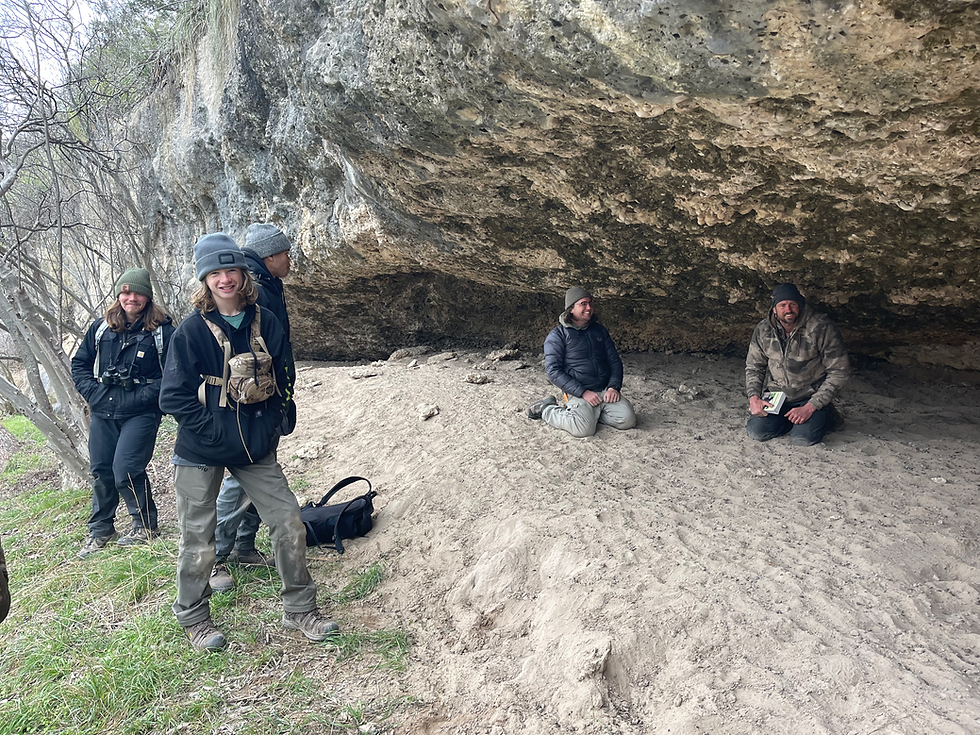Future Success
- Zack Henry
- Apr 18
- 3 min read
I grew up in a community in which academic success was valued above all. I, and most of my peers, were expected to go to college and attain a degree in order to ensure that we would be successful in our adult lives. The “trades” (construction, mechanics, etc.) were off limits - that was a path to the blue collar “working class” and a life of hard, challenging physical labor.

Fast forward 20 years, and as I look around at the nature of work and education, the changes I see can be difficult to fathom. AI programs such as ChatGPT and Gemini are increasingly capable of doing most of the jobs that my peers and I went to college for. They seem to be doing it better than we can, because they are machines that can be designed specifically for the tasks. Businesses are trimming down staff because they are realizing much of the work can be done by technology at a much cheaper and more efficient rate. Even the once-promising work of coding and IT is increasingly falling under the capability umbrella of these AI models.
Being in the business of education and guidance of young men (a profession that cannot be duplicated with AI), part of my professional responsibility is to look ahead and help my students seek out paths that will propel them towards happy, healthy, and successful lives. In a twist of irony, the very fields of work that were deemed “off limits” by my upper-middle-class suburban childhood culture seem to hold the most promise for future-proofed careers.
The “skilled trades”, whether it be in carpentry, plumbing, welding, electronics, or auto mechanics, are jobs that simply cannot be replaced by a computer. Sure, there are applications for the technology in those fields, but I do not see robots or programs installing electrical or plumbing in a 3D generated home. The same holds true for the nuanced human experience and creativity required to write scripts and bring those projects to life via multimedia. Similarly, when I brought my truck in for service last week, a human did the work, and was paid well for it. Same goes for my home repairs - a contractor does them for me (because I was never taught these skills in school - I learned algebra instead).
Thinking about my students at Forge, I want them to go into adulthood with a foundational understanding of both academic subjects as well as skills that allow them to work with their hands. I also want them to go into the world knowing how to solve problems, use critical thinking, build relationships and be leaders. I want them to be able to analyze a story they read as well as wield a hammer effectively to build a lumber rack, or how to do the wiring to install a new ceiling fixture . I want them to be able to replace a part in an engine, and to express their creativity whether that is an art piece, a handcrafted chair or a forged knife. All of these expressions can be artifacts for themselves or products for their clients. I want them to know how to plan a multi-day backcountry adventure, and how to treat minor injuries. I want them to be able to wield AI tools to supplement their work, and not be replaced by the machines of the future. Because believe it or not, those machines are here now, in the present.
We should be preparing our youth accordingly.



Comments